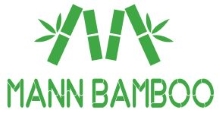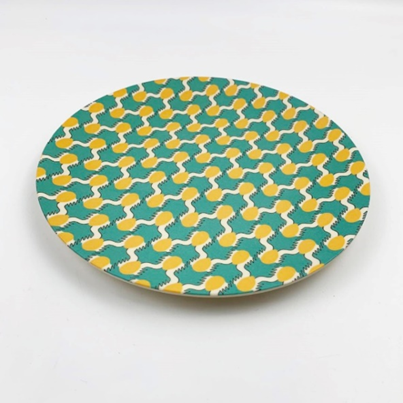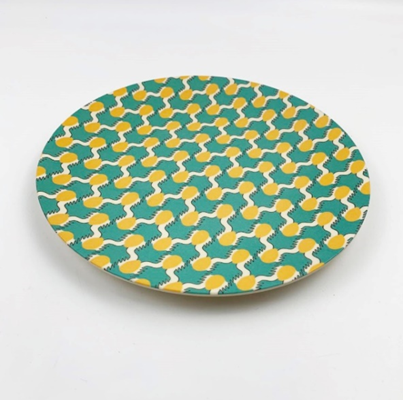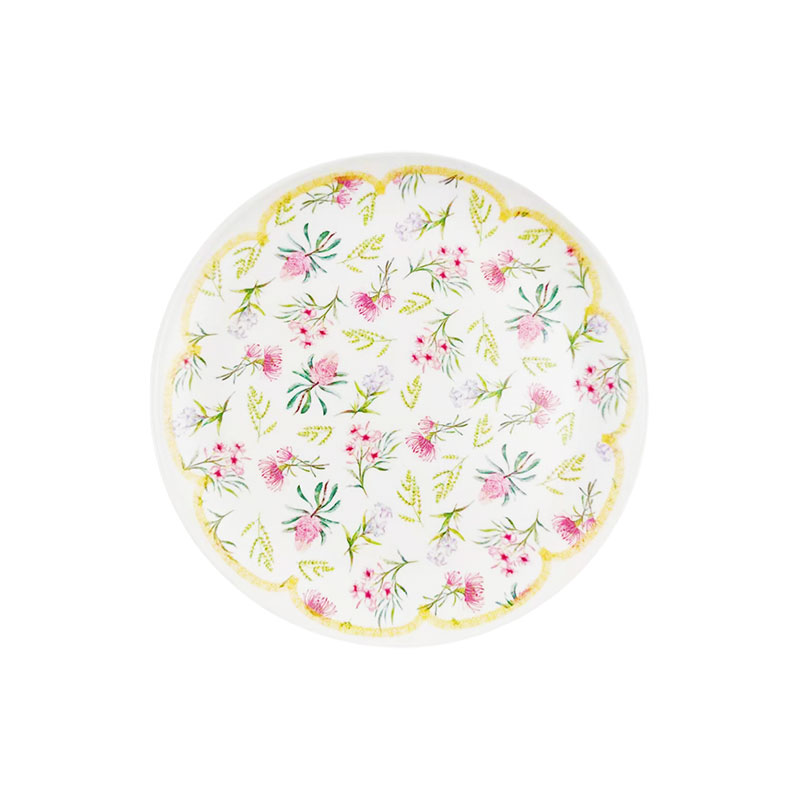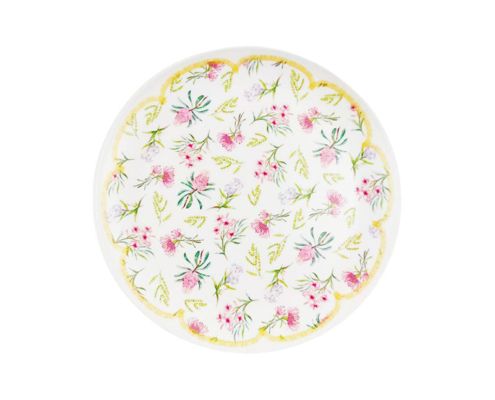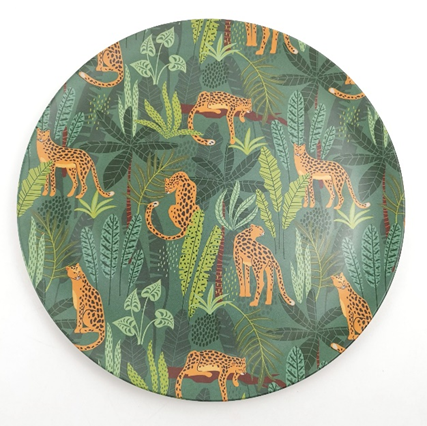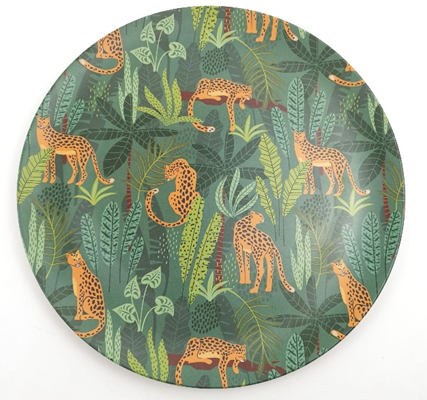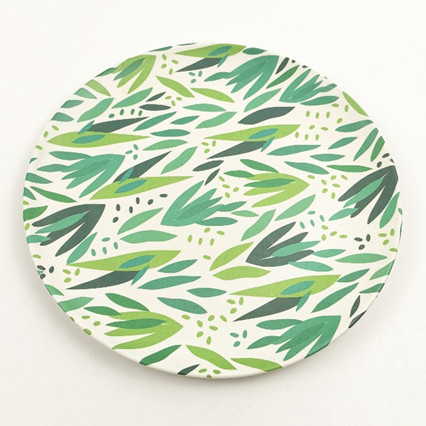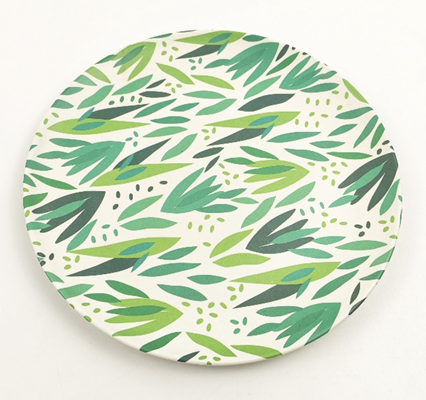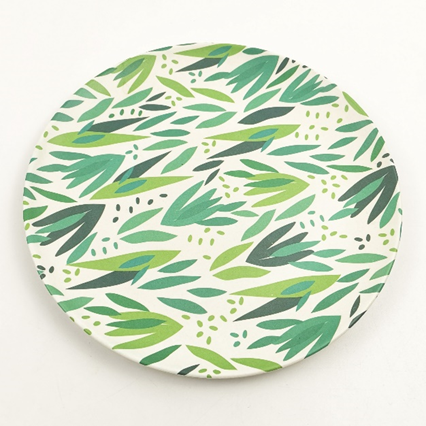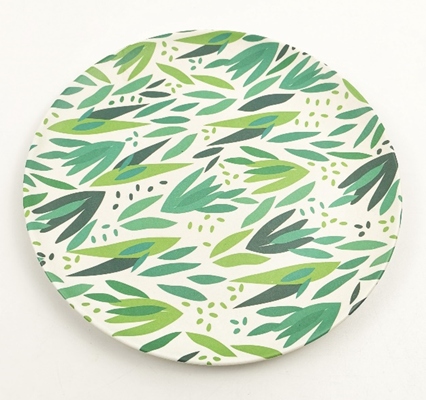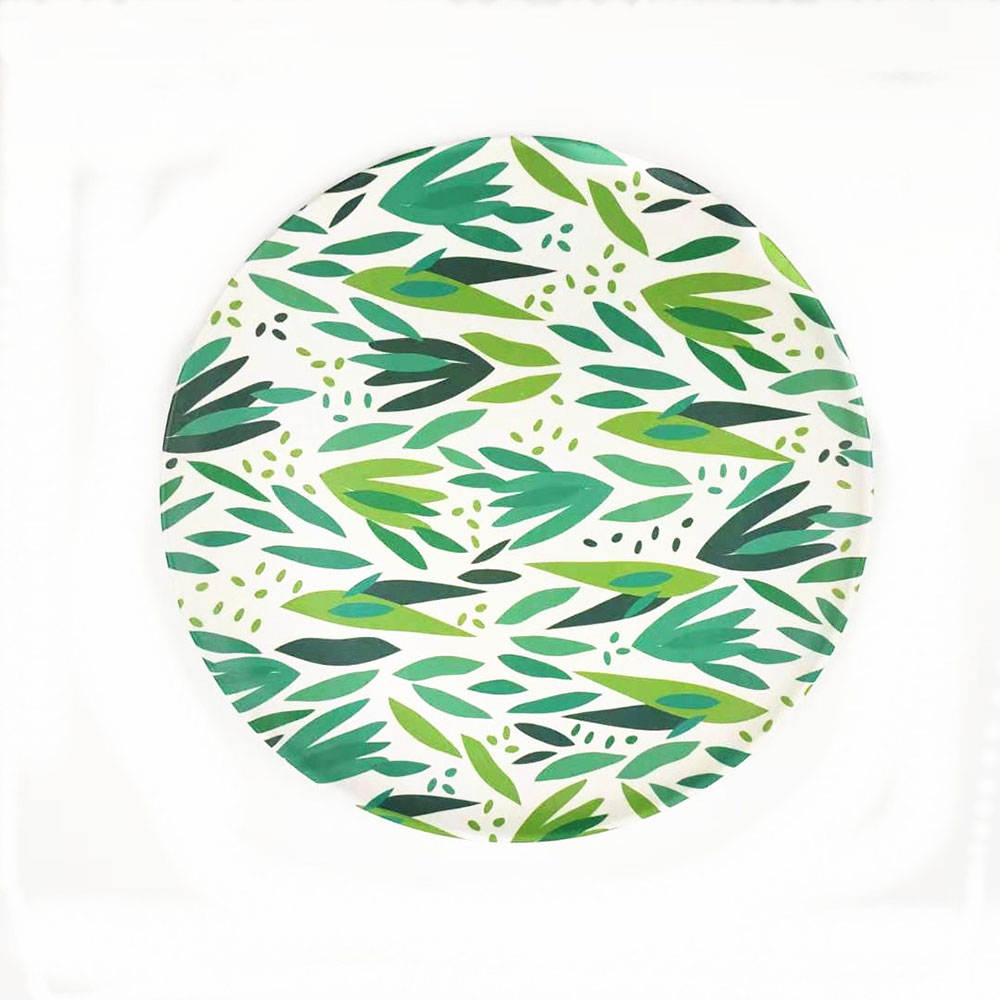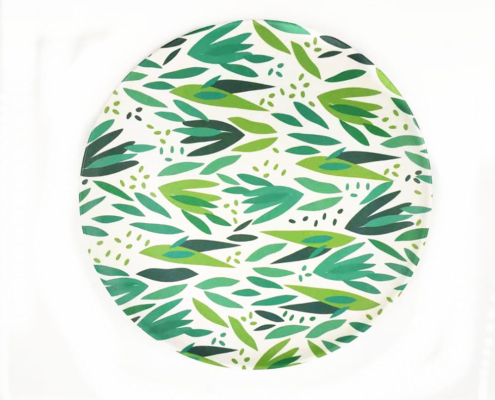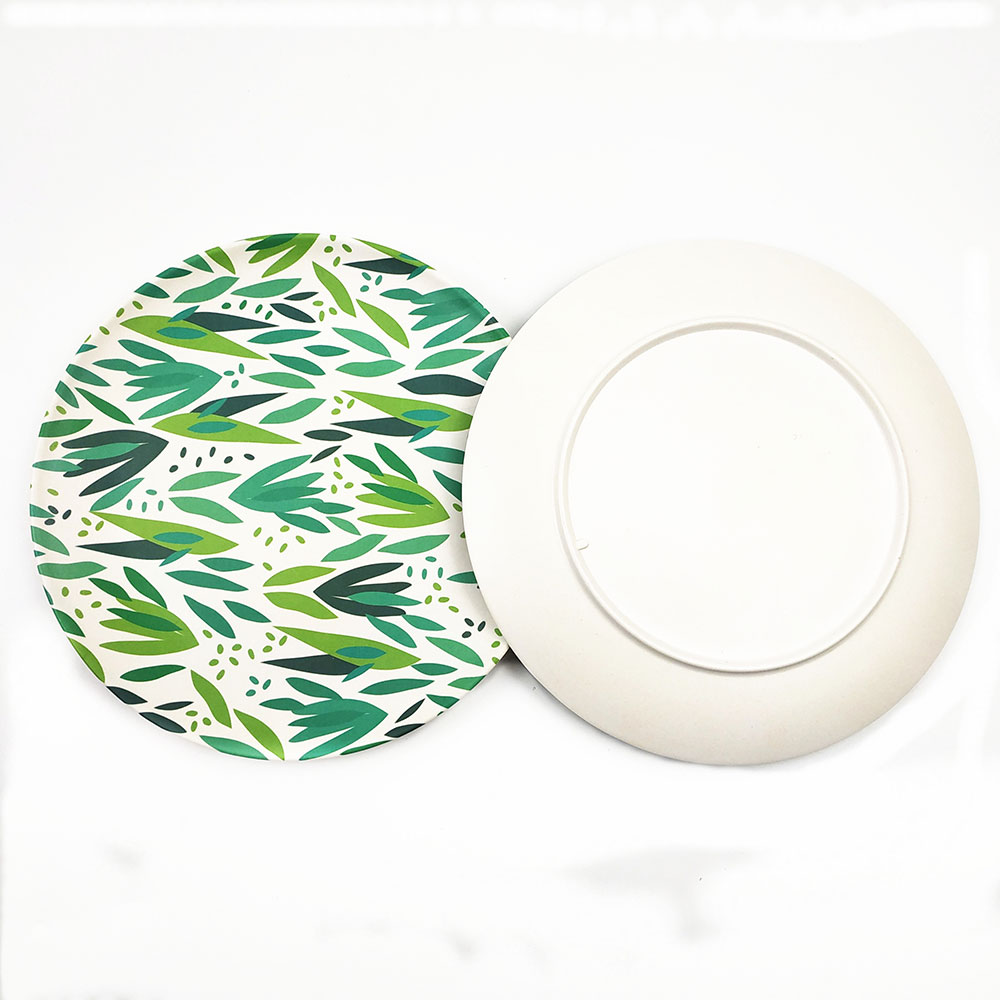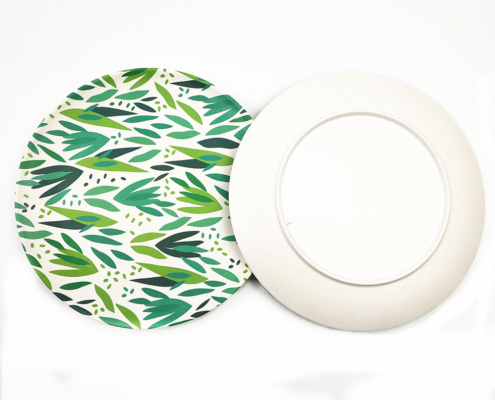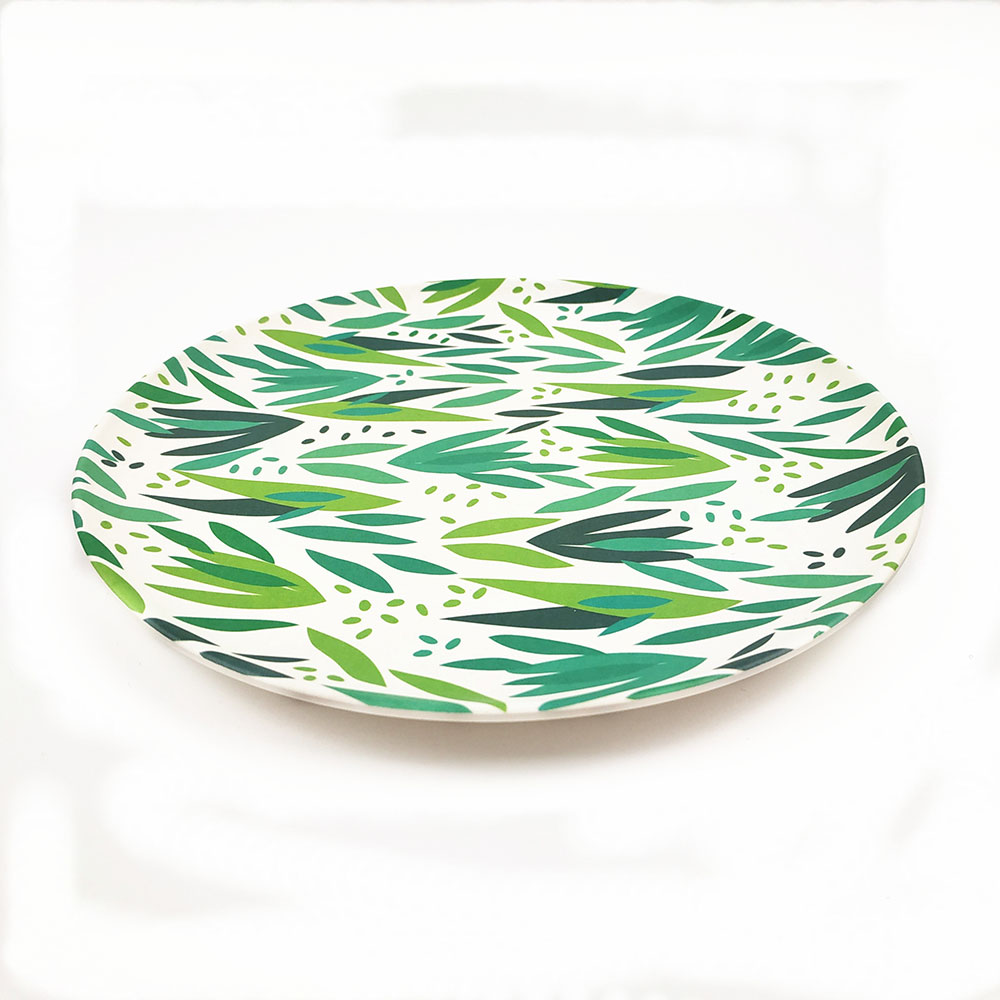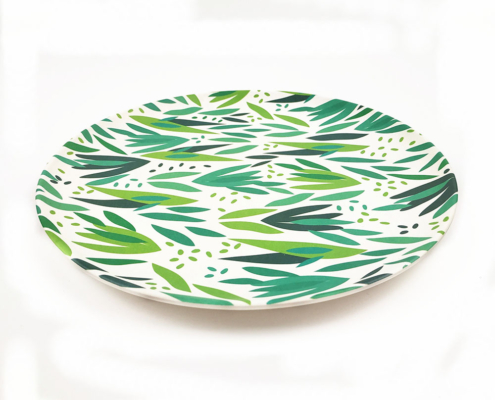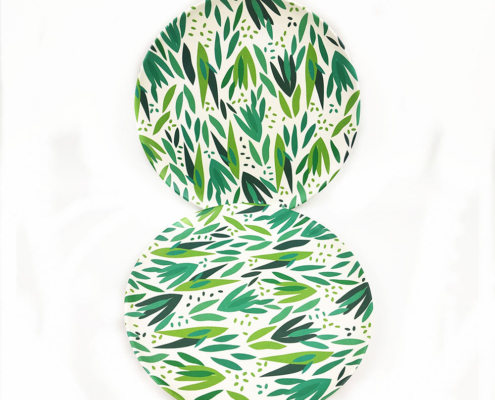Is it Safe to Use Bamboo Fiber Plates? All You Need to Know
Are you considering bamboo fiber plates as an eco-friendly alternative to traditional tableware? With the rising concern over the environmental impact of disposable materials like plastic, bamboo fiber plates have gained significant popularity. However, before investing in these plates, it’s crucial to address the question of their safety. Is bamboo fiber plates safe? In this comprehensive guide, we will explore the safety considerations surrounding bamboo fiber plates, examining their composition, manufacturing process, and the measures taken to ensure they are safe for everyday use.
Understanding Safety Concerns
Safety is a paramount consideration when it comes to selecting tableware for everyday use. It is important to address and alleviate any concerns consumers may have regarding the safety of bamboo fiber plates.
Chemical Additives
One common concern is the presence of chemical additives in bamboo fiber plates. While it is true that some manufacturers may use binders and coatings that contain potentially harmful substances, it is important to note that not all bamboo fiber plates are created equal. Mann Bamboo prioritize the use of natural additives that are safe for food contact.
Plant-based resins, such as melamine-formaldehyde resin or polyurethane resin, are commonly used as binders in bamboo fiber plates. These resins are considered safe and are approved for food contact by regulatory agencies. For consumers, it is very important to choose plates from trusted custom dinnerware manufacturer. Mann Bamboo clearly states the absence of toxic substances and adheres to stringent safety standards.
BPA (Bisphenol A)
Bisphenol A (BPA) is a chemical compound that has raised concerns in various consumer products, including certain types of plastic. However, it is important to clarify that bamboo fiber plates do not inherently contain BPA. BPA is typically associated with polycarbonate plastics and epoxy resins, which are not commonly used in the production of bamboo fiber plates. Therefore, consumers can rest assured that the high-quality bamboo fiber plates from Mann Bamboo are BPA-free.
Heavy Metals
Another concern related to tableware, including bamboo fiber plates, is the potential presence of heavy metals. Heavy metals like lead, cadmium, and mercury can pose health risks if they leach into food. We prioritize safety with thorough testing on each custom tableware to ensure our bamboo fiber products are free from heavy metal contamination.
By adhering to strict quality control measures and working with certified testing laboratories, Mann Bamboo ensure that bamboo plates meet or exceed safety standards set by regulatory agencies. Choosing plates from Mann Bamboo minimizes the risk of heavy metal exposure and ensures the safety of the tableware.
Durability and Longevity
Some consumers may question the durability and longevity of bamboo fiber plates, especially when compared to materials like ceramic or glass. While it is true that bamboo fiber plates may not be as resistant to breakage as ceramic or glass plates, they are designed to withstand everyday use. With proper care and handling, they can provide years of service.
To maximize the lifespan of bamboo fiber plates, it is recommended to avoid subjecting them to sudden temperature changes or extreme heat, as this may cause warping. Additionally, using non-abrasive cleaning materials and avoiding harsh chemicals or dishwasher use can help maintain the plates’ integrity.
Certification and Quality
The safety of Mann Bamboo’s plates involves rigorous testing and compliance with various standards and regulations. We strictly abide by the specific regulations set by government agencies responsible for food safety, such as FDA in the United States or equivalent agencies in other regions. These regulations stipulate the allowable levels of certain chemicals, heavy metals and other pollutants in products that come into contact with food.
To provide customizer with confidence in the safety of our bamboo fiber, Mann Bamboo certifications from recognized organizations. Examples of certifications include the LFBG certification in Germany and the SGS certification, which is globally recognized. These certifications indicate that the bamboo fiber plates have undergone thorough testing and comply with safety standards.
Ongoing Quality Control
Mann Bamboo maintain stringent quality control measures throughout the production process to ensure consistent safety and performance of their bamboo fiber plates. This includes monitoring the sourcing of raw materials, controlling manufacturing conditions, and conducting regular product inspections. By implementing strict quality control protocols, we can identify and address any potential safety issues promptly.
Customer Feedback and Recalls
Mann Bamboo actively encourages customers to provide feedback on our products. If there are few safety problems in your customized bamboo plates, we will take prompt action, including issuing a recall when necessary, to protect consumer safety and maintain our commitment to quality.
Comparison with Other Materials
To provide a comprehensive understanding of the safety advantages of bamboo fiber plates, let’s further explore their comparison with other commonly used materials:
Bamboo Fiber vs Plastic
Plastic tableware has long been a popular choice due to its affordability and convenience. However, concerns have arisen regarding the potential health risks associated with certain plastics, particularly those containing BPA. Unlike plastic plates, bamboo fiber plates do not contain BPA or other harmful chemicals. They offer a safer alternative for individuals looking to reduce their exposure to potentially hazardous substances. Additionally, bamboo fiber plates are biodegradable and have a lower environmental impact compared to plastic, which contributes to pollution and landfill waste.
Bamboo Fiber vs Glass
Glass plates are known for their durability, transparency, and aesthetic appeal. While glass is generally considered a safe material for food contact, it is heavier and more fragile than bamboo fiber plates. This makes bamboo fiber plates a lightweight and less breakable option, especially suitable for outdoor use, picnics, and households with young children. Furthermore, bamboo fiber plates are more environmentally friendly than glass since bamboo is a rapidly renewable resource that requires minimal resources for cultivation.
Bamboo Fiber vs Disposable Paper
Disposable paper plates are a common choice for quick and easy cleanup. However, they contribute to deforestation and generate substantial waste, often ending up in landfills. Bamboo fiber plates provide a sustainable alternative to disposable paper plates, as they are reusable and biodegradable. They offer a balance between convenience and eco-friendliness, allowing individuals to reduce their environmental footprint without sacrificing practicality.
If you have dispelled your concerns about bamboo fiber plates and are ready to customize your own unique dinnerware, we suggest considering Mann Bamboo’s custom printed dinnerware.
By opting for Mann Bamboo’s custom dinnerware, you can enjoy the unique charm of bamboo fiber plates while contributing to a greener planet. So why wait? Take the next step in customizing your tableware and experience the beauty and safety of bamboo fiber products today.
